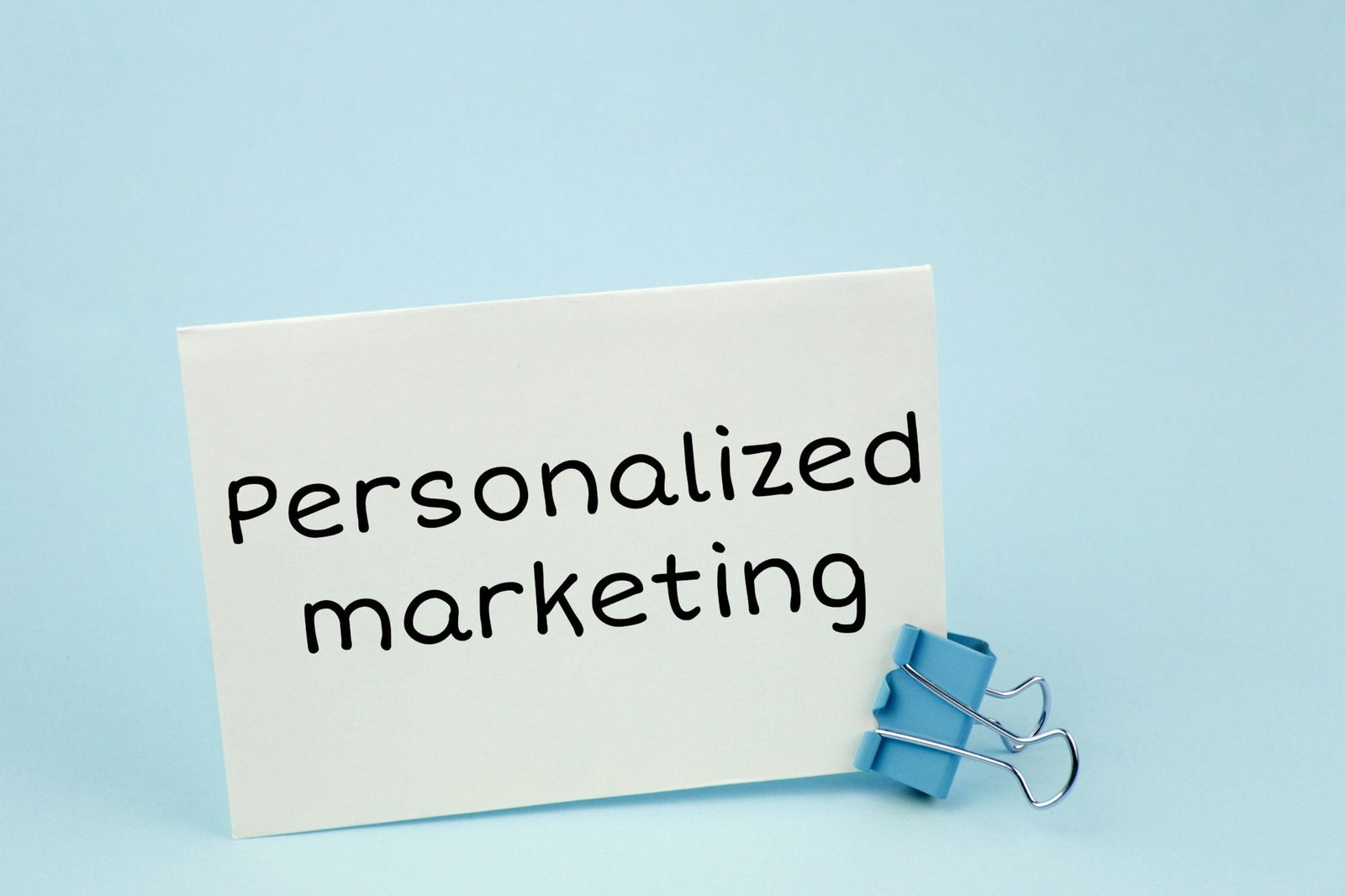AI’s Influence on Automotive Marketing: Personalization and Prediction
Automotive AITable of Contents
Artificial Intelligence (AI) is reshaping the landscape of automotive marketing, ushering in a new era of personalized customer experiences and predictive analytics. This article delves into the profound impact of AI on automotive marketing strategies, highlighting the significance of personalization and prediction in engaging consumers and driving sales.
Personalized Marketing Campaigns
Understanding Consumer Preferences:
AI algorithms analyze vast amounts of data, including customer demographics, browsing behavior, and purchasing history, to gain insights into consumer preferences and behaviors. By leveraging machine learning techniques, automotive marketers can segment their target audience more effectively and tailor marketing campaigns to individual interests and needs. According to a study by McKinsey, personalization can lead to a 10-30% increase in sales conversion rates for automotive brands.
Dynamic Content Creation:
AI-powered tools enable dynamic content creation, allowing marketers to generate personalized ads, emails, and website content in real-time. By dynamically adjusting messaging, imagery, and offers based on user interactions and preferences, automotive brands can enhance engagement and drive conversions. For example, Toyota’s “Personalized Video” campaign used AI to create customized videos for individual consumers, resulting in a 28% increase in click-through rates.
Predictive Analytics for Consumer Behavior
Anticipating Customer Needs:
AI algorithms analyze historical data and consumer behavior patterns to predict future purchasing decisions and preferences. By identifying buying signals and intent indicators, automotive marketers can anticipate customer needs and proactively engage with prospects at the right time and with the right message. Predictive analytics enable brands to stay ahead of the competition and capitalize on emerging trends in the automotive market.
Lead Scoring and Conversion Optimization:
AI-powered lead scoring models assess the likelihood of conversion for each prospect based on various factors such as engagement level, demographic information, and online activity. By prioritizing leads with the highest propensity to purchase, automotive marketers can allocate resources more effectively and focus their efforts on prospects with the greatest potential for conversion. According to Forrester Research, companies that excel at lead nurturing generate 50% more sales-ready leads at a 33% lower cost.
Enhancing Customer Engagement and Loyalty
Chatbots and Virtual Assistants:
AI-driven chatbots and virtual assistants provide personalized support and assistance to customers throughout their journey, from initial research to post-purchase support. By leveraging natural language processing and machine learning, automotive brands can deliver real-time responses to customer inquiries, resolve issues promptly, and provide personalized product recommendations. According to Gartner, by 2022, 70% of customer interactions will involve emerging technologies such as chatbots.
Predictive Maintenance and Service Reminders:
AI-enabled predictive maintenance systems analyze vehicle data to anticipate maintenance needs and issue proactive service reminders to customers. By notifying drivers of upcoming maintenance tasks and service appointments, automotive brands can enhance customer satisfaction, prolong vehicle lifespan, and drive repeat business. According to a report by Accenture, predictive maintenance can reduce maintenance costs by up to 12% and unplanned downtime by up to 50%.
FAQs:
How does AI enable personalized marketing campaigns in the automotive industry?
AI analyzes customer data to gain insights into preferences and behaviors, allowing marketers to tailor campaigns and content to individual interests, leading to increased engagement and conversions.
What are the benefits of predictive analytics for consumer behavior in automotive marketing?
Predictive analytics enable marketers to anticipate customer needs, identify buying signals, and prioritize leads with the highest propensity to purchase, ultimately driving sales and revenue growth.
How do chatbots and virtual assistants enhance customer engagement in the automotive industry?
AI-driven chatbots and virtual assistants provide personalized support and assistance to customers, delivering real-time responses to inquiries, resolving issues promptly, and offering personalized product recommendations, enhancing customer satisfaction and loyalty.
What role does predictive maintenance play in automotive marketing and customer retention?
Predictive maintenance systems analyze vehicle data to anticipate maintenance needs and issue proactive service reminders to customers, enhancing satisfaction, prolonging vehicle lifespan, and driving repeat business.
How can automotive brands leverage AI to optimize lead scoring and conversion rates?
AI-powered lead scoring models assess the likelihood of conversion for each prospect based on engagement level, demographic information, and online activity, enabling marketers to prioritize leads and allocate resources effectively, ultimately increasing sales conversion rates and revenue.
